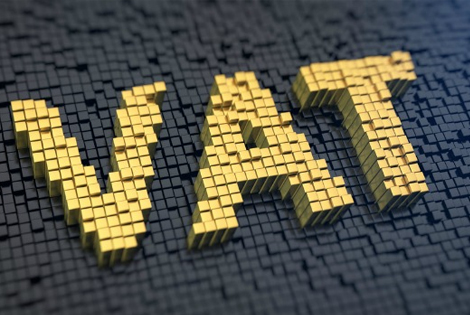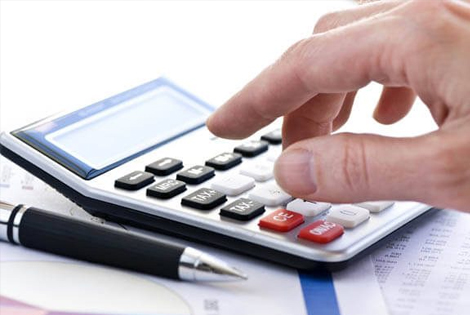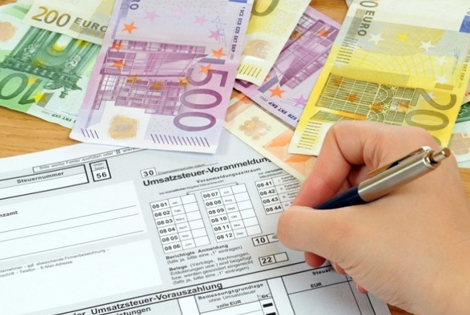- This method is “transaction based”.
- It provides flexibility to tax authorities.
- Tax authorities can levy various rates of tax for different goods and services.
- Full scale price & credit is given for the tax paid on purchase made.
- Effectively tax is levied on value addition only.
- It is easy and simple method of computation of value addition.
- At the time of sale of goods or services, traders issue an invoice which contains the details of VAT.
- Tax invoices will be required to be issued within 14 days and up to 12 items will be specified as required on a Tax invoice.
The value is added to the product by the time of production and the cost of the value earned from the end customers and so is for the services as well.
The Saudi Cabinet announced that GCC nations agreed on unified “GCC UAVAT” where UAVAT stands for “the Unified Agreement for Value Added Tax”. It is initially a framework agreement that will be gradually concluded by all six GCC nations. The rate of VAT has been confirmed at 5 per cent, a figure that was agreed at GCC level in mid-2016.








